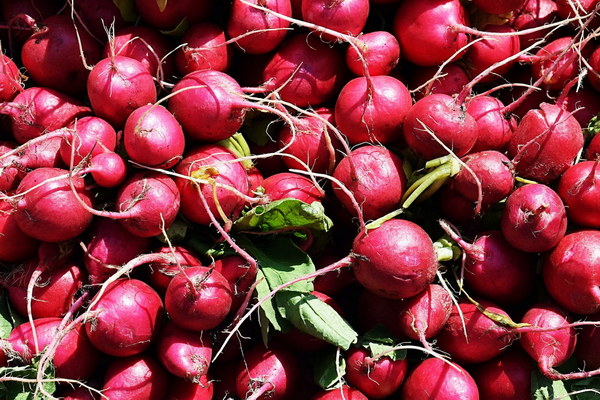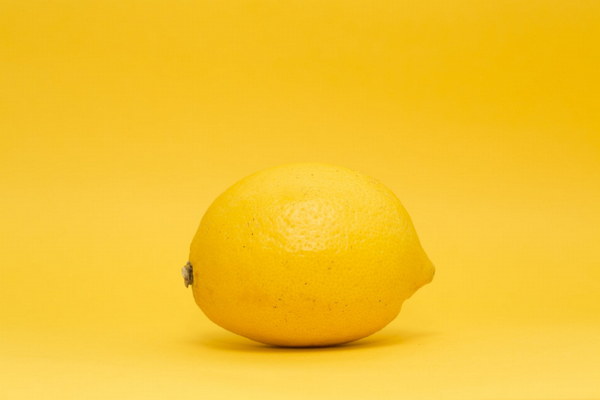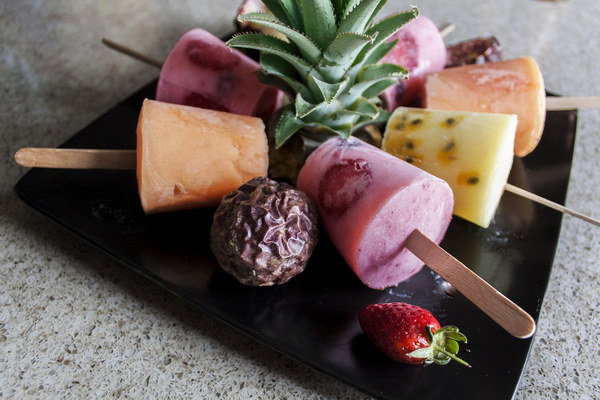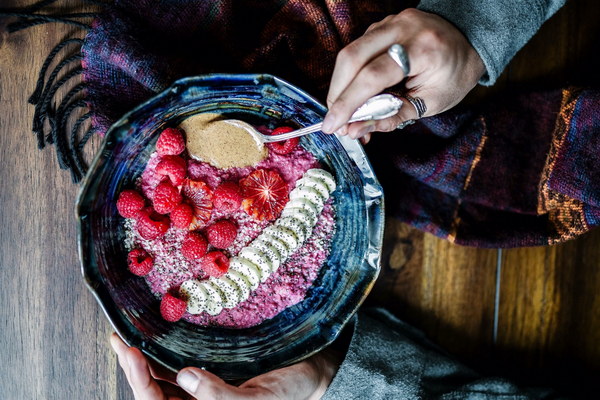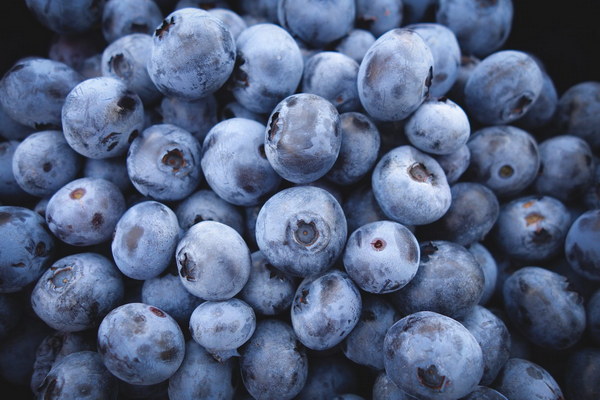Discover the Best Alternatives to Fu Ling Tea for Dampness Relief
Introduction:
Dampness, or damp-heat in traditional Chinese medicine, is a common condition characterized by symptoms such as fatigue, body aches, and bloating. While Fu Ling tea is a popular choice for dampness relief, there are several other natural alternatives that can help alleviate these symptoms. In this article, we will explore the best substitutes for Fu Ling tea to combat dampness and improve your overall well-being.
1. Poria (Fu Ling)
As a starting point, it is essential to understand the properties of Fu Ling tea, which is a mushroom known for its diuretic, antiviral, and anti-inflammatory properties. Poria helps in draining dampness and clearing heat from the body. While it is an excellent choice for dampness relief, you might be looking for alternatives due to personal preferences or availability.
2. Alisma Plantago (Ze Xie)
Alisma plantago, also known as Ze Xie, is a traditional Chinese herb that is often used as a substitute for Fu Ling. This herb has diuretic and anti-inflammatory properties and can help in draining dampness and clearing heat. It is commonly used in combination with other herbs to treat various conditions, including dampness and fluid retention.
3. Astragalus (Huang Qi)
Astragalus, or Huang Qi, is a well-known Chinese herb with immune-boosting properties. This herb is excellent for dampness relief because it helps in strengthening the body's defense mechanisms, thereby improving overall health. It can be used in combination with other herbs to support the body's natural ability to combat dampness.
4. Peony Root (Shu Di Huang)
Peony root, or Shu Di Huang, is a traditional Chinese herb that is often used to treat dampness-related conditions. It has diuretic and anti-inflammatory properties and can help in draining dampness and reducing swelling. Additionally, it is believed to nourish the blood and enhance the body's overall energy.
5. Coix Seed (Yi Yi Ren)
Coix seed, or Yi Yi Ren, is another excellent alternative to Fu Ling tea for dampness relief. This herb has diuretic and anti-inflammatory properties and is often used to treat damp-heat conditions. It can help in draining dampness, reducing swelling, and improving digestion.
6. Cinnamon (Rou Gui)
Cinnamon, or Rou Gui, is a spice that is also used in traditional Chinese medicine for dampness relief. It has warming properties that can help in expelling dampness from the body. Cinnamon is often combined with other herbs to create a synergistic effect for dampness-related conditions.
7. Licorice Root (Gan Cao)
Licorice root, or Gan Cao, is a versatile herb that is often included in herbal formulas for dampness relief. It has a sweet, soothing, and balancing effect on the body. Licorice root can help in harmonizing the other herbs and reducing any potential side effects.

Conclusion:
While Fu Ling tea is a popular choice for dampness relief, there are several natural alternatives that can help alleviate the symptoms of dampness. Incorporating these herbs into your diet or using them in combination can provide a comprehensive approach to combating dampness and improving your overall health. Always consult with a healthcare professional before starting any new herbal regimen to ensure safety and effectiveness.

